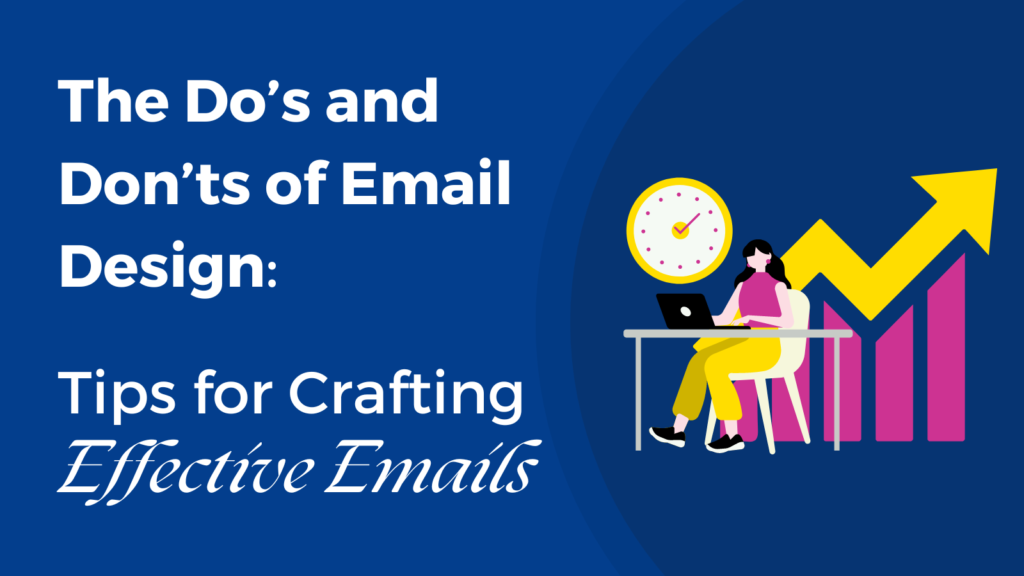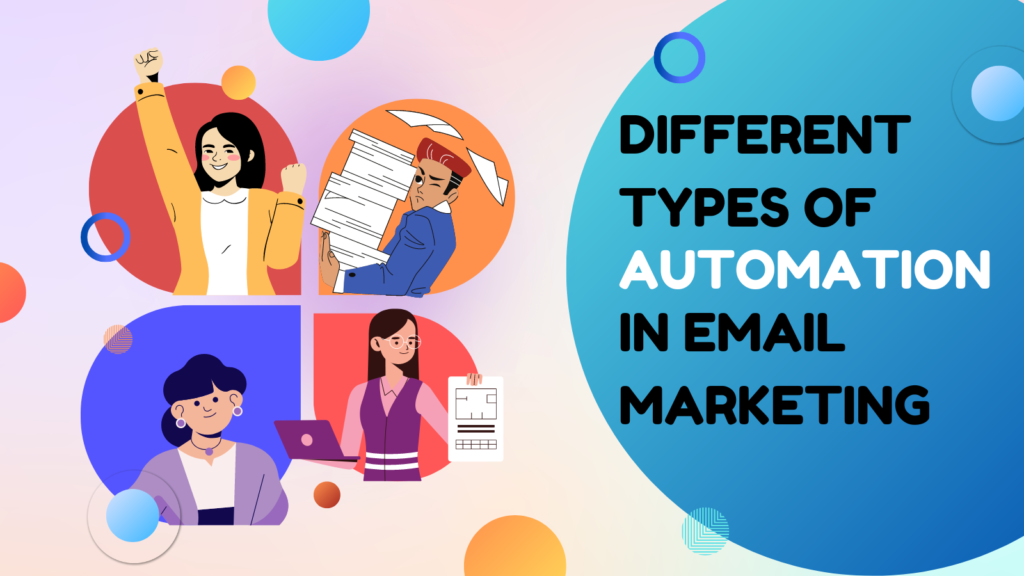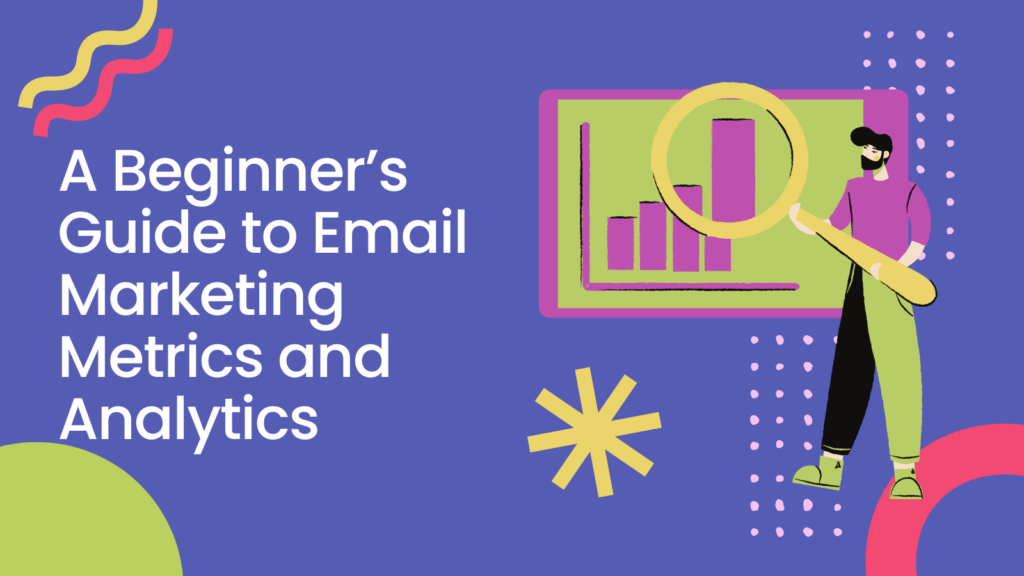Email marketing is a powerful tool for businesses to reach and engage with their audience. However, with the introduction of the General Data Protection Regulation (GDPR) in the European Union, businesses must be mindful of how they collect, process, and use personal data. In this blog, we’ll explore what you need to know about email marketing and GDPR to ensure that you stay compliant.
What is GDPR?
The GDPR is a set of regulations designed to protect the privacy of individuals residing in the European Union. It applies to any business that collects and processes personal data from EU residents, regardless of where the business is located. Failure to comply with GDPR can result in severe fines and penalties.
What are the requirements for email marketing under GDPR?
Under GDPR, businesses must obtain explicit consent from individuals before sending marketing emails. Consent must be freely given, specific, informed, and unambiguous. Additionally, businesses must provide individuals with the option to unsubscribe from marketing emails at any time.
How can you ensure compliance with GDPR for your email marketing campaigns?
Obtain Consent: Before adding anyone to your email list, obtain their explicit consent. This can be done through a clear opt-in process that explains how you will use their data.
Provide Transparency: Be transparent about how you will use personal data and ensure that individuals understand what they are consenting to.
Offer Unsubscribe Options: Provide clear and easy-to-use unsubscribe options in all marketing emails.
Secure Personal Data: Ensure that personal data is stored securely and that appropriate measures are in place to prevent unauthorized access or data breaches.
Use a GDPR-Compliant Email Service Provider: Use an email service provider that is GDPR compliant and can provide tools and resources to help you stay compliant.
What are the consequences of non-compliance?
Non-compliance with GDPR can result in significant fines and penalties. The maximum penalty for non-compliance is €20 million or 4% of annual global turnover, whichever is greater.
In conclusion, GDPR has changed the way businesses can collect, process, and use personal data for marketing purposes. To ensure compliance with GDPR, businesses must obtain explicit consent, provide transparency, offer unsubscribe options, secure personal data, and use GDPR-compliant email service providers. By following these guidelines, businesses can continue to use email marketing as a powerful tool while also protecting the privacy and rights of their subscribers.



